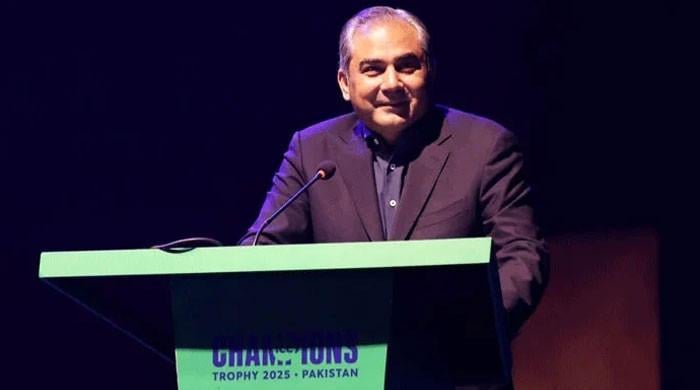BCCI Threatens Asia Cup Withdrawal Amid ACC Meeting Venue Dispute
Reports from Indian media indicate that the Board of Control for Cricket in India (BCCI) has cautioned it may withdraw from this year’s Asia Cup. This action stems from objections to Pakistan Cricket Board (PCB) chairman Mohsin Naqvi’s decision to participate remotely in the ongoing International Cricket Council’s (ICC) Annual General Meeting (AGM).
Currently, PCB Chief Operating Officer (COO) Sameer Ahmed Syed is physically present, representing Pakistan at the ICC meeting in Singapore, which is scheduled from July 17 to 20. Representatives from prominent Asian cricket boards are attending this gathering.
This year’s conference holds particular importance as it is the inaugural meeting presided over by ICC Chairman Jay Shah since he assumed the role.
Naqvi, who also serves as the president of the Asian Cricket Council (ACC), chose to attend the ICC meeting virtually from Pakistan. This decision has intensified existing tensions, especially after Naqvi scheduled a separate ACC meeting in Dhaka. This decision has met with strong disapproval from India, as well as Afghanistan, Oman, and Sri Lanka.
According to Indian media outlets, any resolutions passed during the Dhaka meeting, without the presence of India, Afghanistan, Oman, and Sri Lanka, will be deemed inconsequential.
The primary concern for India is the proposed venue for the upcoming ACC meeting, and the future of the tournament is reportedly contingent on a change. However, sources within the ACC suggest that Naqvi is firm in his stance against altering the meeting location.
The Asia Cup is provisionally planned for September and will be played in the T20 format, with hosting duties assigned to India.
Previously, there had been speculation about a potential withdrawal by India from the tournament due to escalating tensions; however, Shah, in his former capacity as secretary of the BCCI, refuted these claims.
In an effort to ease the situation, the ACC has provided member nations with the option to join the Asia Cup meeting virtually if they cannot attend in person.
Despite this measure, the threat of a widespread boycott of the Asia Cup remains a significant possibility, creating uncertainty regarding the near future of this major regional cricket event.



Comments (0)
No comments yet. Be the first to comment!
Leave a Comment